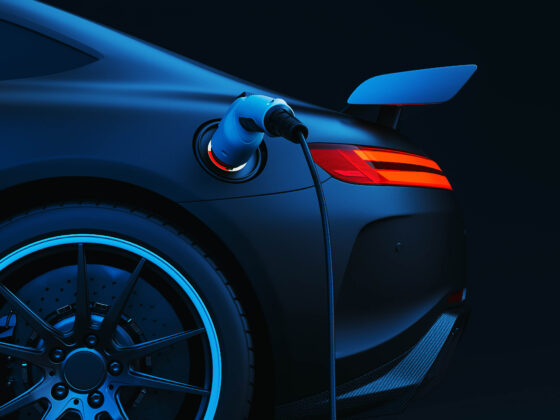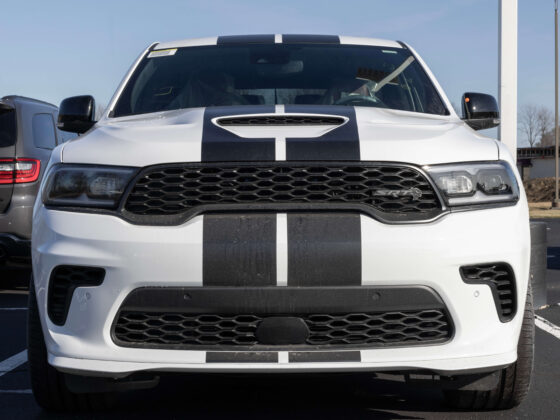It’s surprisingly easy to void your car’s warranty. If you plan to use the warranty to pay for work you’ve had done, the mechanic (or dealership service center) will need to file a claim. For a number of reasons, your claim could be denied. It could be something as simple as neglecting to keep up routine maintenance of your vehicle properly like regular oil changes.
Use eTags© to Quickly Complete Your DMV Service. Renewals, Title Transfers and More, All Online!
You don’t want to find yourself in a situation where you pay twice for car repairs when it would have or should have been covered! Check out the reasons below for why your car’s warranty can cancel out and what you can do to avoid it!
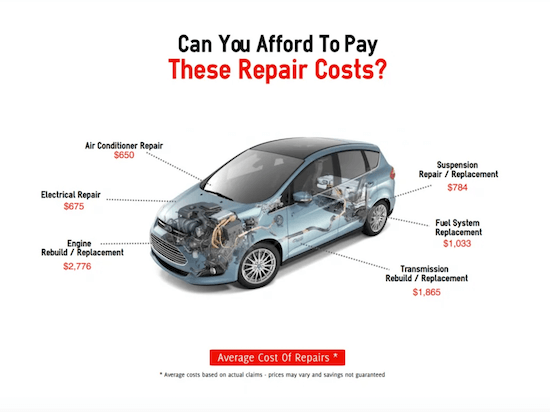
What’s a car warranty and what does it cover?
All car warranties aren’t the same. There are two major kinds and they have a variety of coverage options. You’ve got a manufacturer warranty and an extended warranty (no relation to the scammers who call your phone 10 times a day to tell you that the extended warranty that you never had is expired.)
Dealerships file a claim under the warranty which is how they get paid for the work
Manufacturer warranty is the protection you get when buying a new vehicle
This is the warranty you get when buying a new car. It usually covers repairs on every part of the car, but only within the first three years or 36,000 miles. The fees for this (manufacturer warranty) coverage are included in the price of your car, crossover, pickup truck, or convertible.
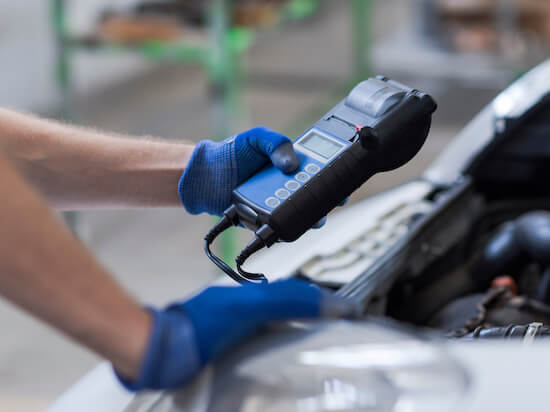
A manufacturer’s warranty takes care of big-ticket items like transmission and engine issues. It can also cover things that may seem small but have a hefty price tag like AC systems and “car computer” related problems. The manufacturer’s warranty also may cover major electrical parts and your audio system. If you’ve got a rear backup camera or a techy screen to view your music and navigation, these parts might be covered in case of damage.
Last year, Carfax said there were 378,000 flooded cars back on the roads, and it estimates that 212,000 cars may have been damaged in Hurricane Ida
Having your manufacturer’s warranty voided or canceled IS possible
How you use and operate your vehicle can invalidate coverage and claim. Altering the odometer is one way. Tampering with the odometer prevents a manufacturer from getting an accurate reading, thus voiding the contract. In Florida, it’s a felony to tamper with, adjust, alter, set back, disconnect, or fail to connect the odometer of a motor vehicle to reflect a lower mileage than the vehicle has actually been driven. Civil penalties can include fines of up to $10,000 for each violation.
Sometimes automakers won’t accept the warranty coverage if your vehicle’s been damaged by a natural disaster or environmental damage. When it comes to hurricanes, tornadoes, or even a bad blizzard, you end up with flooding. The amount of flood damage depends on how bad the storm was; surges in low-lying areas can be a real nightmare. Naturally, the water sets off a corrosive process to the undercarriage of the car. Not to mention how water damage can shorten the life of your exhaust and destroy your alternator, starter motor, and even your brakes.
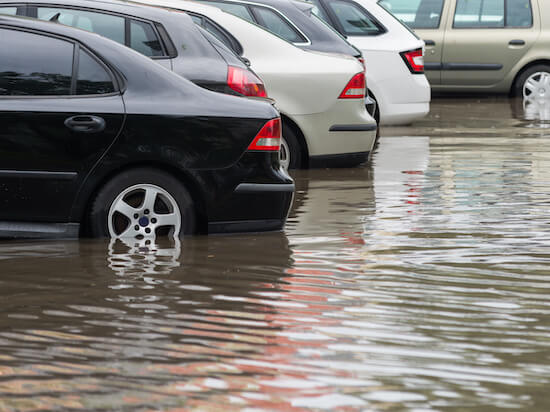
In these cases, you want to check your auto insurance to see what’s covered there. Lastly, improper use of your vehicle would be a deal-breaker for most manufacturers. If you’re drag racing your Honda Civic on the highway and your car is damaged as a result, your coverage claim may be denied.
Always read the fine print of car warranty paperwork; look for “what is not covered” aka “warranty limitations”
Extended warranty for your vehicle
You can add this to the manufacturer’s warranty when you buy a new car, but it’ll usually have to be through another company. The more common practice is to get an extended warranty once your manufacturer’s warranty expires. There are lots of different extended warranty companies. Extendedautowarranty.com went through the trouble of compiling a list of the top ten extended warranty companies including the cost, coverage, and reviews.
SEE ALSO: DO YOU NEED AN EXTENDED CAR WARRANTY
Endurance Warranty tops the list citing the most transparent coverage and even covers salvage titled vehicles which is a pretty big deal in the warranty game. It’s usually a hard no for manufacturers.
Extended warranties come with a load of coverage options. The big ones include:
- Bumper to bumper: It’s exactly what the name says. It covers just about everything from bumper to bumper
- Powertrain warranty: This covers the basics. Just what you need to operate the vehicle. Powertrain warranties cover your vehicle for 10 years or up to 100,000 miles
- Stated component warranty: Here you have the basics plus a few extras like brakes and suspension
- Exclusionary coverage warranty: This coverage is an extensive list and only excludes what is decided in the terms of your contract
The Magnuson Moss Warranty Act is the legislation behind what makes a car warranty void or canceled
5 ways you can cancel out your warranty unknowingly
It’s important to know what can and will most likely cancel out your warranty. Here are 5 ways you can void your car’s warranty without even know it!

- Not getting routine maintenance done: This is a surefire way to void both your extended warranty or a manufacturer warranty. The owner’s manual in your glove box tells you what you need to do and when in order to take good care of the car. Make sure to get your oil changed, fluid checks, and tire rotations regularly. Keeping up with these things is imperative to maintain not only the car but your warranty as well.
- Not keeping your paperwork: Getting the routine maintenance won’t get you very far if you don’t have the paperwork to back it up. The FTC says you should keep a detailed record and all receipts of the work you do on your car.
- Repair by an unauthorized shop: Your warranty paperwork or the company itself has a list of covered places to get your vehicle repaired. Oftentimes in an effort to get it done fast, you end up finding out when it’s too late that you’ve gone to an out-of-coverage shop. This is one of the most common reasons for coverage to be denied.
- Modifying your vehicle with aftermarket parts: Manufacturers may deny coverage if it’s determined that aftermarket parts improperly installed is the reason for your car’s damage The manufacturer would need to prove the aftermarket or recycled parts, or their installation, was the cause of the problem.
- Doing your own repairs: This is another scenario where the manufacturer would have to prove that the homegrown repairs lead to the damage caused. Also, only the repair in question can be denied. The coverage under the terms of the warranty would remain intact.
If you think your coverage claim has been unfairly denied, you can get the FTC involved to start an investigation






